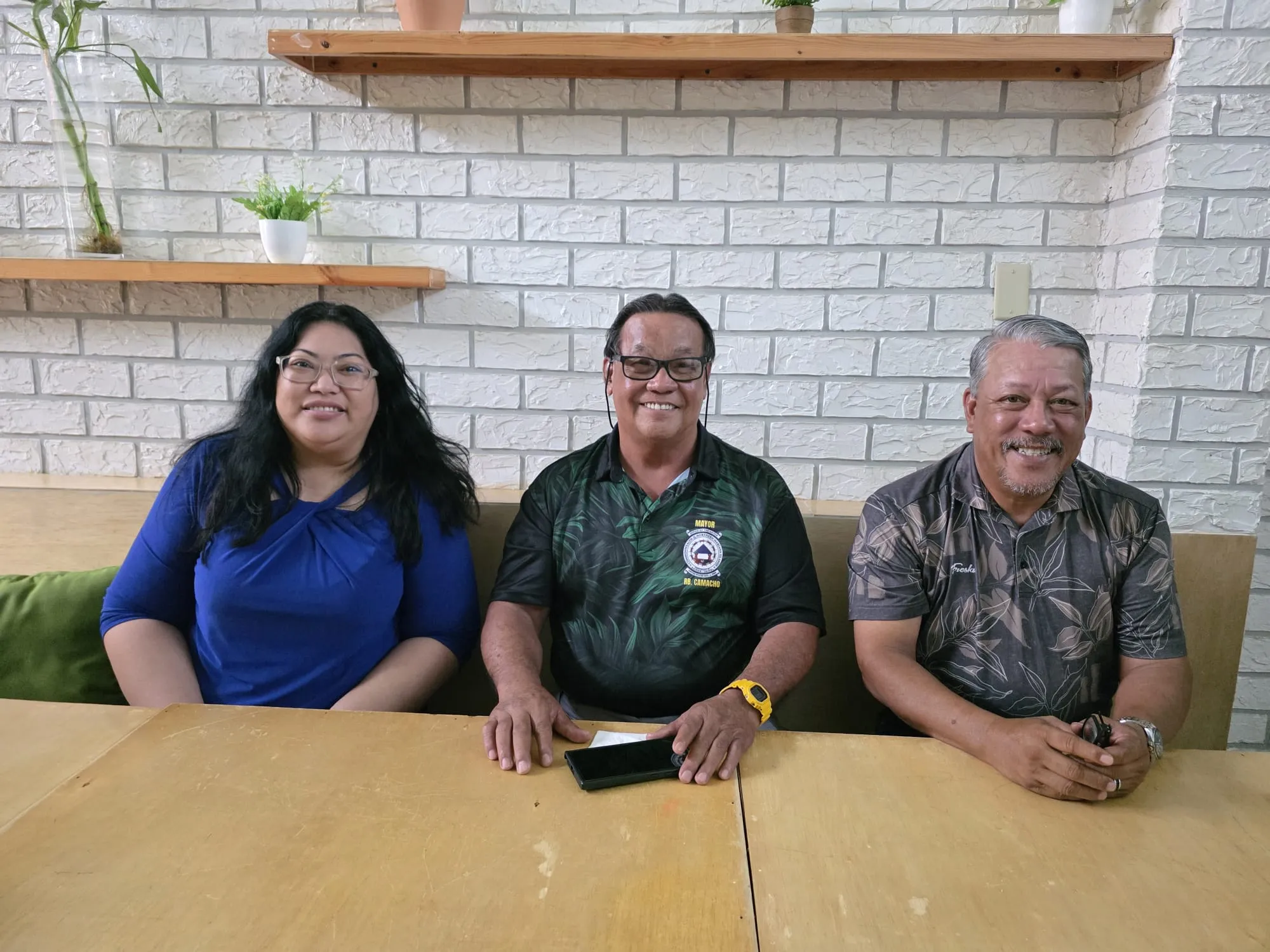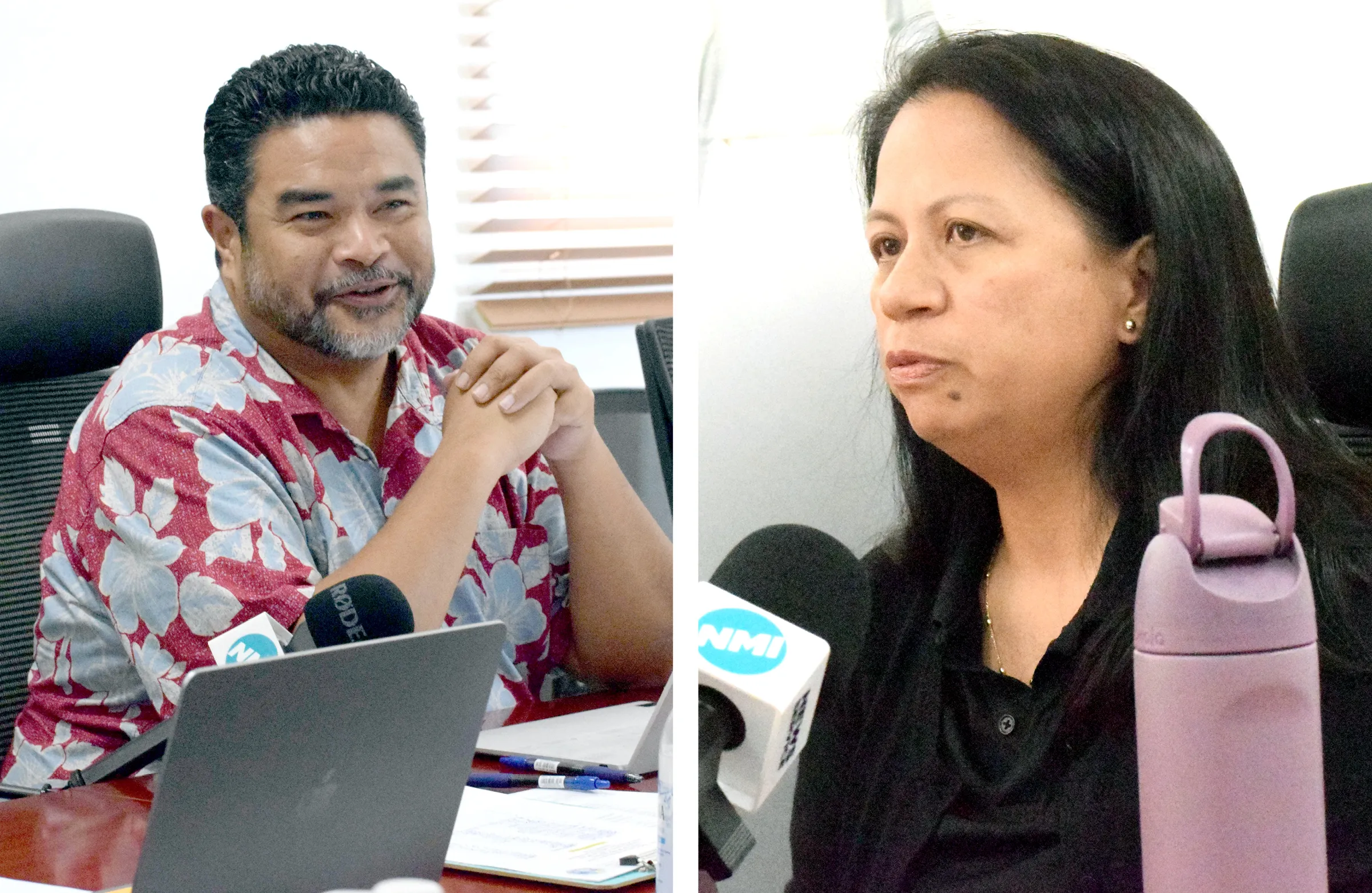
THE Office of the United States Trustee, through acting U.S. Trustee Tiffany L. Carroll, has requested the NMI bankruptcy court to dismiss Imperial Pacific International’s Chapter 11 petition.
“When the estate has no assets with equity that a trustee could liquidate to pay unsecured creditors, dismissal is in the best interests of creditors and the estate,” Carroll said.
“Because of the apparent lack of equity in the debtor’s estate, the lack of assets a Chapter 7 trustee could reach or administer, and the apparent administrative insolvency of the estate, it would be appropriate to dismiss this case. Furthermore, because a Chapter 7 trustee would not have access to funds to obtain fire/casualty insurance, a Chapter 7 trustee would likely need to immediately abandon the property.”
According to the acting U.S. trustee, the Chapter 7 Trustee Manual requires the Chapter 7 trustee to abandon the property of the estate when possession of the property exposes the estate to a risk of liability which cannot be insured against, and which outweighs its economic value to the estate.
“Further, even in cases where the property appears to have value for the estate, typically the Chapter 7 trustee must determine if the property is insured by the debtor or obtain insurance for the estate. Here, if Debtor is unable to obtain fire/casualty insurance, there is no reason to believe the Chapter 7 trustee would be able to obtain this insurance,” Carroll said.
“Because a Chapter 7 trustee will likely not want to risk being subject to liability for failing to insure or protect estate property, it is likely a Chapter 7 trustee would immediately abandon the debtor’s property,” she said.
Similarly, a Chapter 11 trustee would also be required to obtain casualty insurance coverage, Carroll said.
“If a loss occurs because of a Chapter 11 trustee’s failure to insure or otherwise protect property of the estate, the trustee could be liable. The Chapter 11 trustee is required to comply with the United States Trustee’s Region 15 [rule] which requires the estate obtain fire/casualty insurance to protect against risk of loss. The Chapter 11 trustee is required to maintain appropriate insurance for the estate. At a minimum, the dollar amount of the insurance coverage must be sufficient to cover the fair market value of the estate property,” Carroll said.
“The Chapter 11 trustee is required to maintain fire/casualty insurance and must confer with the United States Trustee if unable to obtain any necessary insurance coverage. Here, if Debtor is unable to obtain fire/casualty insurance, there is no reason to believe the Chapter 11 trustee would be able to obtain this insurance,” she added.
“Because this case is not appropriate for conversion and not appropriate for a Chapter 11 trustee appointment, the United States Trustee respectfully requests this case be dismissed,” Carroll said
For its part, the CNMI government, represented by Chief Solicitor J. Robert Glass Jr., said IPI has no ability to generate revenue or operate as a casino and has “no business to reorganize.” The CNMI government said the federal bankruptcy court should convert IPI’s Chapter 11 petition to Chapter 7.
Under the U.S. Bankruptcy Code, Chapter 11 bankruptcy allows a business corporation to restructure its debts and continue operating. Chapter 7, for its part, provides for the liquidation of a debtor’s property and distribution of proceeds to creditors.
Attorney Chuck Choi, who represents IPI, informed the bankruptcy court recently that IPI and the Committee of Unsecured Creditors had agreed to a “363 sale process” for the unfinished hotel-casino in Garapan.
Section 363 requests the court for an order authorizing the sale of a debtor’s assets.
IPI filed for Chapter 11 bankruptcy in the District Court for the NMI on April 19, 2024, saying it owes creditors over $165.8 million.










